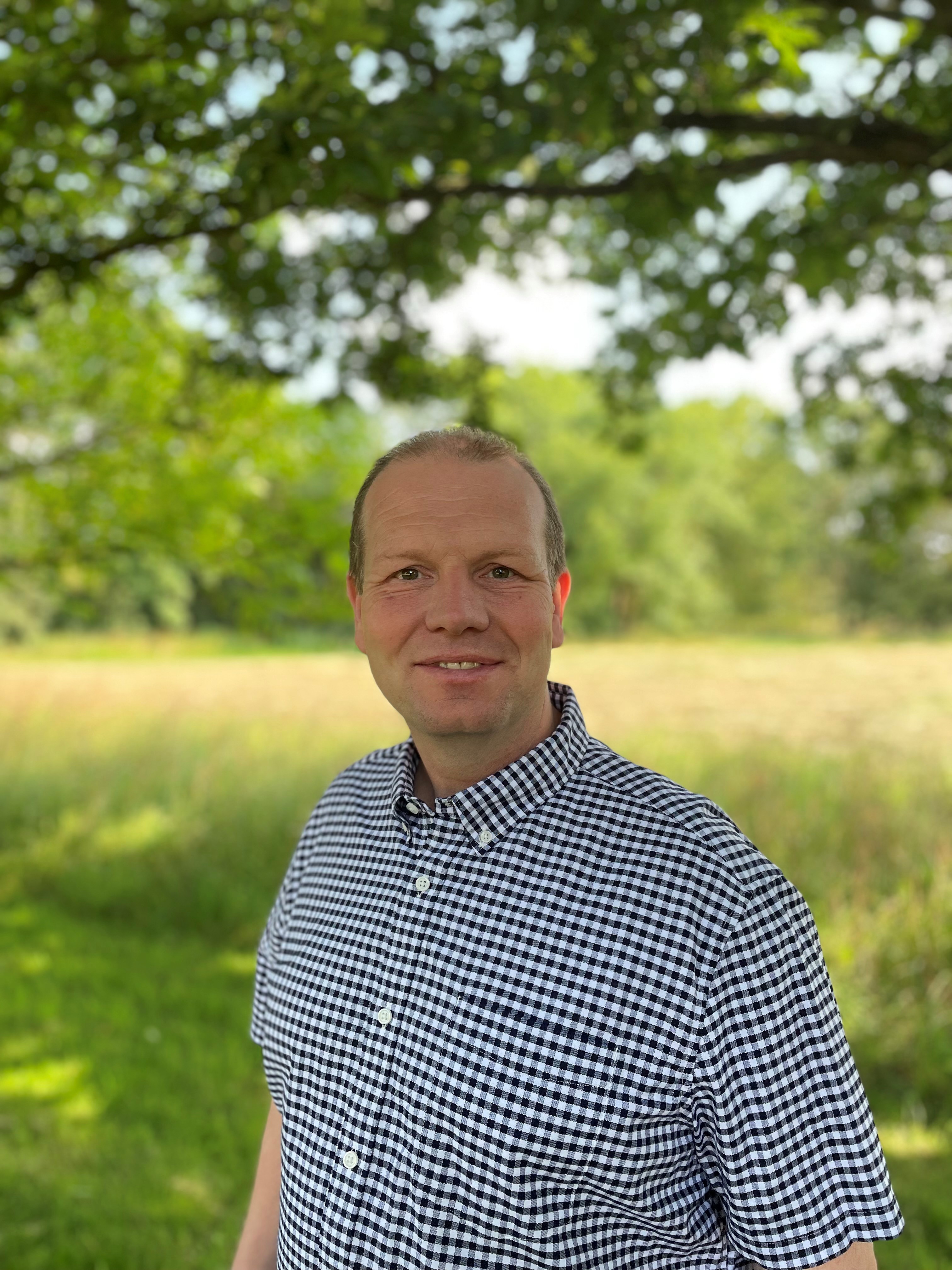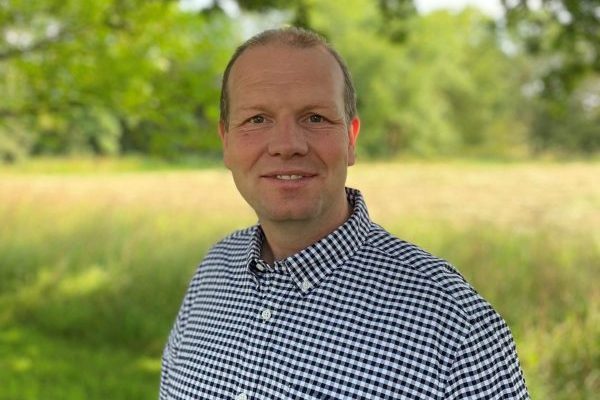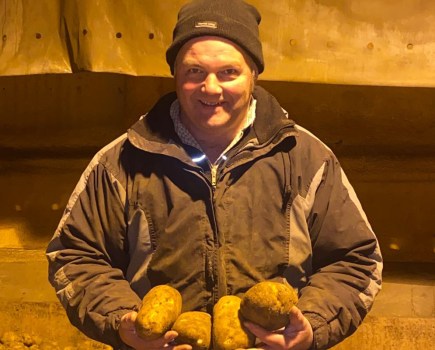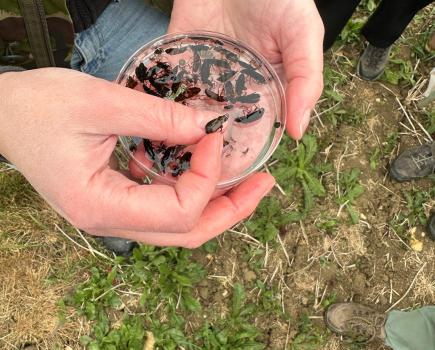 This is a year of transitions. Transition in policy post-Brexit, transitions in weather patterns as climate change increasingly takes hold (no matter how much disbelief is exercised against it), and most importantly, transitions in what farmers are being asked to do.
This is a year of transitions. Transition in policy post-Brexit, transitions in weather patterns as climate change increasingly takes hold (no matter how much disbelief is exercised against it), and most importantly, transitions in what farmers are being asked to do.
I’m writing this at the onset of harvest, where the results of last year’s work is becoming clear. I sat down with our agronomist to review the past 12 months to see how our crops have performed and to identify any disease or weed issues, and like most, the past two years have been difficult.
While farmers are renowned for moaning about the weather being out of sync with the arable schedule, I really underestimated how quickly climate change would start to take effect. Unseasonably long dry spells, cold snaps when you least expect it and torrential rain have all made growing crops and running a business feel like an even greater challenge.
As an arable farmer in an increasingly changing landscape, this unpredictability can feel daunting. But something I’ve found stability in is planting my feet on stronger soil – literally.
At this year’s Groundswell and Cereals, George Eustice set out his vision for farmers in England being paid 30% more under the Sustainable Farming Incentive for protecting soil health than they would presently earn until the Countryside Stewardship scheme.
As a third-generation farmer and contractor in South Cambridgeshire, our farmland has seen endless change over the years. My own focus over the past decade has been to improve our soil health and biodiversity, and I try to deliver a nature-based integrated pest management (IPM) system across the entire farm.
As we identify fields that have increasing weed burden or crop varieties that are breaking down due to disease, we can choose to make changes to our rotation so the farm is more resilient. I’m learning this resilience begins and ends with our soil health.
On our farm, we’ve recognised the soil damage and compaction our systems had been causing over time. Our solutions have been to use cover crops that help to improve the soil by capturing nutrients from the previous crop with plants that draw nitrogen into their roots. The result is improved water retention and less fertiliser – and less cost in needing it.
Eustice’s nod to the future of farming payments echoes a system many find themselves gravitating towards. What I am finding by doing regenerative farming is that it’s a lot better for the bottom line, a lot better for our environment and it fits the narrative of where the Government is taking us in the future. Right now, soil health is a public benefit to be rewarded for its good management, but it’s also an integral tool in my business’ viability because it helps me reduce my overall operating costs.
Now the UK has left the EU, the movement taking shape is one where the focus is sharply fixed on our landscape’s ability to balance food, farming and nature for the better of the nation. The landmark National Food Strategy, by Henry Dimbleby, is calling on nature-friendly farming as a means of fixing our food system and protecting our natural environment, and the report urges farmer-led innovation to lead the way in how we use and farm our land. A major transition only made possible by the creativity and expertise of UK farmers.
My own hope, as a farmer, is to get ahead of these changes and the incentives being rolled out through ELMs by using this period of time as a trial to see what works best, delivers quality food and returns the most benefits to our soil health, biodiversity restoration and carbon storage.
Now is the time to adjust my business to meet these challenges as they come. I really believe farmers need to lead this change by demonstrating to policy makers and the public what we, as farmers, can do. We have a unique opportunity to explain the challenges we face while forging new markets for produce that’s capable of delivering public and environmental benefit – and what an opportunity that is to have.
Martin Lines is an arable farmer and contractor in South Cambridgeshire with more than 500ha of arable land in his care. His special interest is in farm conservation management and demonstrating that farmers can profitably produce food in harmony with nature and the environment. He’s also chair of the Nature Friendly Farming Network UK.
@LinesMartin
martin.lines@nffn.org.uk




